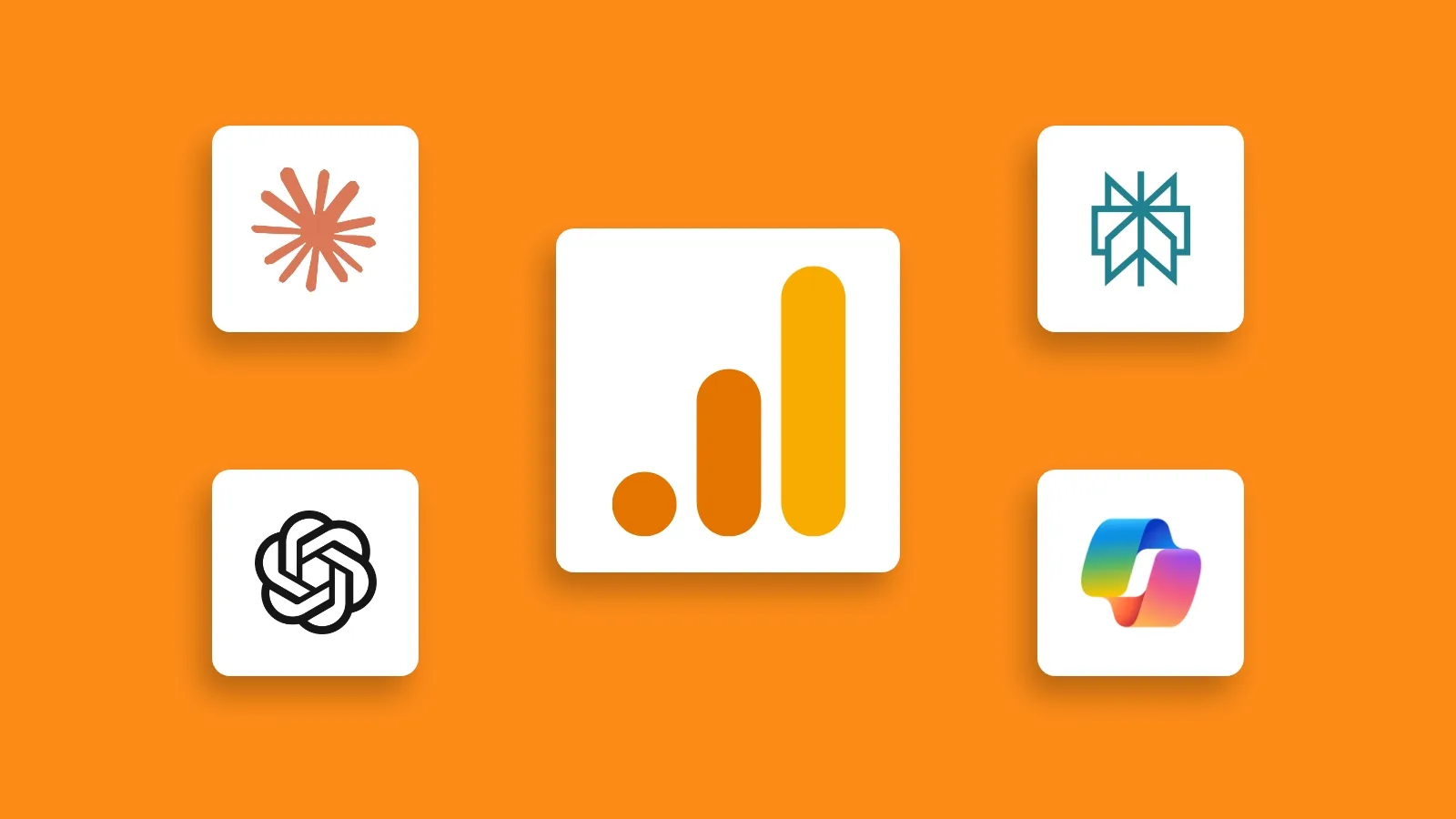AI Traffic Sources Explained
AI traffic referrals are visits that come directly from generative AI platforms, chatbots and recommended engines that surface your content through AI-powered search or summaries. For example, if someone asks ChatGPT a question and clicks a link in the response, that click will show up in your analytics. But it often gets lumped under “organic search”, “direct” or “referral” traffic.
This trend leaves valuable engagement metrics buried in your Google Analytics — and, without recognizing them, your business may be missing opportunities. These metrics reveal how your users discover and interact with your brand in this new era of AI search.
The Impact of AI Traffic on Your Business
It’s no surprise that AI is reshaping how people find information online. More people rely on AI assistants to deliver the best answers rather than paging through Google results. This means your website may already be a part of those new search results. For example, imagine your analytics show more visits from searches ending with “.ai.” That’s a signal that your content is being picked up by AI engines.
Google Analytics automatically defaults searches into various traffic sources using UTM tags, a snippet of text added to the end of a URL to track the performance of online marketing campaigns. AI sources lack specific UTMs, leading them to be misclassified in standard GA4 referral traffic reports.
By adjusting your business’s Google Analytics AI tracking capabilities, you will be able to:
- Gain more visibility. See just how much of your audience navigates to your website through AI-powered platforms.
- Optimize your new opportunities. Adjust your content and website strategies to emerging AI traffic trends.
- Get ahead. By identifying and adapting to new AI-driven searches, your business gains a leg up as these platforms expand in the future.
Implementing AI Traffic Tracking Strategies
At Paradigm, we help our clients stay in front of emerging digital trends. AI referral traffic poses one of the biggest shifts in search that your business should capitalize on in the coming months. Here are a few things to keep in mind as you implement tracking for AI traffic sources.
- Conduct an analytics audit to identify any AI sources your website is being pulled from.
- Build custom channel groupings or UTM frameworks to accurately track them.
- Add custom dimensions in your business’s GA4 account.
- Start optimizing your website content for AI search and zero-click strategies, such as content summaries, clear and organized headings and front-loading important content on each page.
- Analyze engagement metrics over time to determine whether AI referrals bring in high-quality visitors or general visibility of your business.
Start Tracking the Future of Search
By understanding and leveraging the power of AI traffic in your reporting, your business will gain a clearer understanding of how your brand lives in this AI age. With no set parameter for AI search in Google Analytics, it is important to find a trusted partner to set up effective AI traffic tracking.
Paradigm will help you uncover drivers of website traffic successes and pinpoint areas for improvement. Contact us today to start a website audit or get your Google Analytics reporting ahead of the AI search curve.





